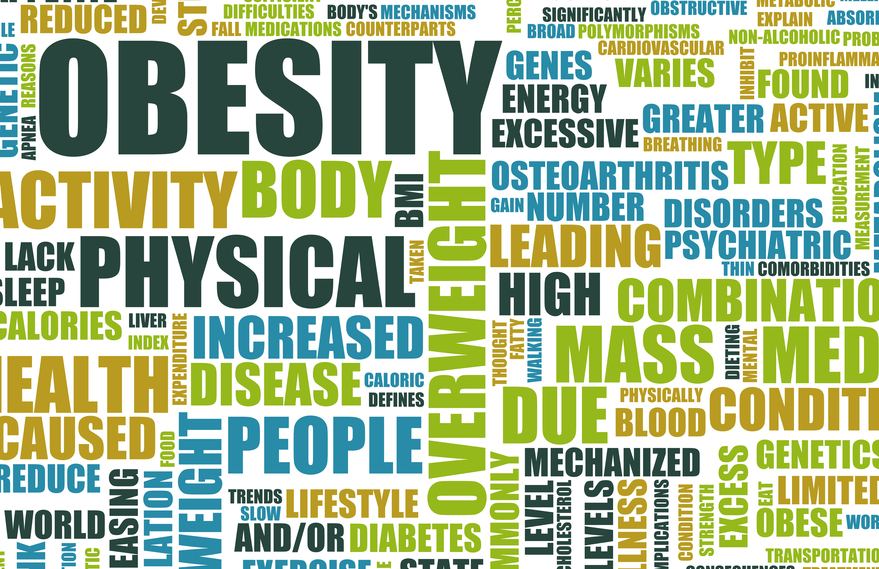What Causes Back Fat & Fat Storage In Different Areas?
Our body comprises various hormones responsible for how we look, interact, digest food, feel, and much more.
Scientists study each hormone individually to see its primary job and how to treat it if it fails to function correctly properly.
While each hormone serves its purpose, some work together to produce a common effect.
A common hormone we all have heard about at some point in time is cortisol. This hormone is produced when our body undergoes stress; it counteracts and tries to lower it.
When stress becomes too overwhelming and immense cortisol levels are used, this can affect our body’s health and cause many problems. In addition, other hormones like Leptin, feeling full and not hungry, are also affected by stress.
Doctors recommend less stress to patients trying to lose weight. The more pressure you undergo, the more damage you do to your body.
Stress affects many hormones that regulate weight and satiety, along with where fat is stored in the body.
Granted, most fat storage for the body is genetic; too much or too little of a hormone can also displace fat in other areas.
So here are my top hormones that cause weight gain and where they cause fat storage within the body.
Leptin
The first hormone is Leptin. This hormone helps with feeling full and satiated after a meal. That’s why it’s recommended to eat slower to feel fuller.
Because it takes a little time for the hormone to work, and also why you may feel full 20 minutes after eating instead of right when you finish your meal.
So it is common sense that when these levels are too low, your body will become ravenous, causing you to eat more and more.
This could cause you to overeat abundantly and gain weight all over, some to the point of obesity.
Estrogen
The next hormone is estrogen. This is the most significant reason fat is stored in the lower body, causing the “pear-shaped figure” most women suffer from.
The reason for this is that estrogen causes the increase of alpha-adrenergic receptors in the lower body, slowing down the release of, unfortunately, estrogenogen causes the body to become insulin resistant as well.
Insulin
The next one is insulin. This hormone is secreted by the pancreas to help absorb the sugar (glucose) from the bloodstream and deliver it to the cells for energy.
If this is too low, or you overeat, the body will try to take the glucose and store it as fat, when overeating can cause resistance to insulin.
If your cells already have glucose in them, and you keep eating, the insulin will try to take the glucose and give it to the cells; the cells will have too much glucose, causing the body to store the glucose as fat for energy to be used later.
Thyroid
The last hormone, not many realize, is the thyroid hormone. These hormones are responsible for primary metabolism within the body.
When these hormones are not functioning correctly, they can cause the daily amount of calories needed to sustain weight to lower.
This means your body will require less food to maintain its current weight. And if the diet is not fixed, this will cause weight gain at a slow or fast pace, depending on the severity and overall calories consumed.
This causes fat deposits everywhere within the body. However, belly and face seem to be the most common.
All the hormones that affect the body should be checked yearly to ensure your body is at its fullest potential and healthiest.
However, just because your hormones may be at perfect levels and ratios does not mean to be lazy, disregard diet and try to be less stressed.
An intelligent, well-rounded diet and calorie/macro consumption will be where a majority of your weight is maintained/gained/lost.
In the final stages of trying to get rid of stubborn body fat, hormones should be taken into full consideration.

